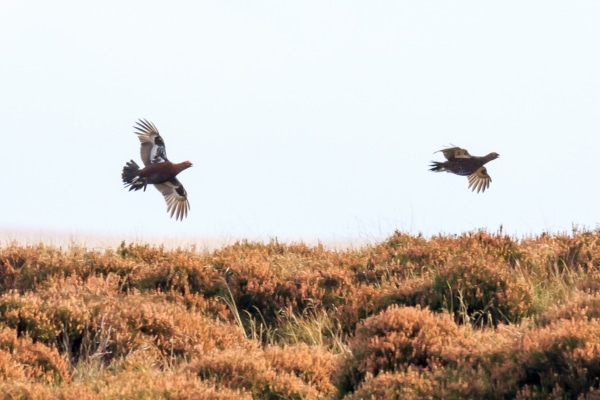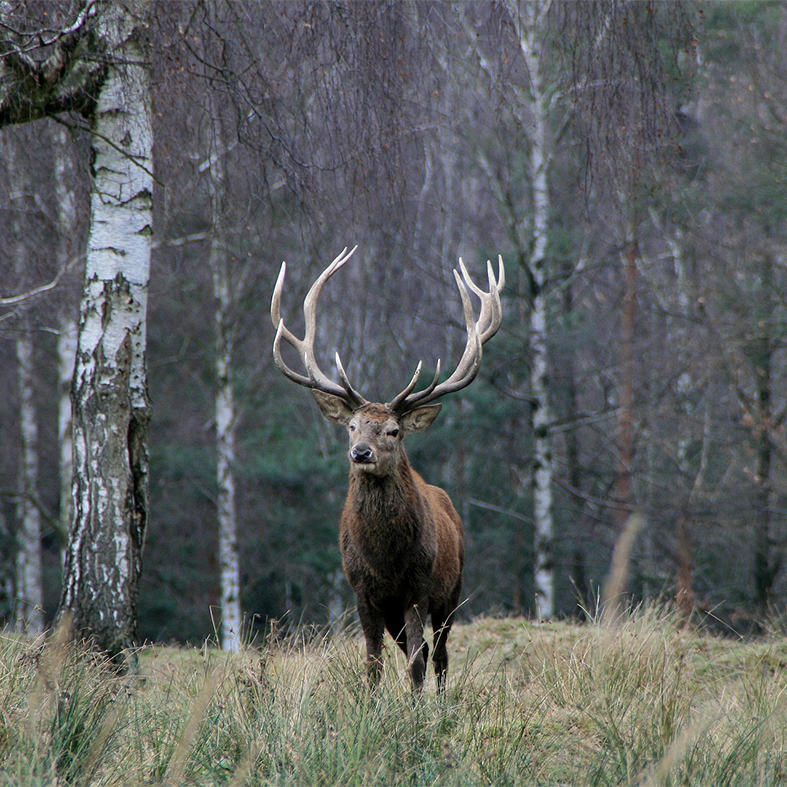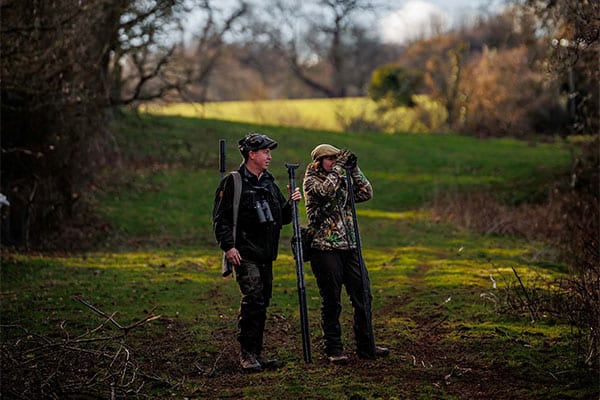
Critical BASC amendment accepted on Scottish grouse Bill
A second day of MSP voting on the Wildlife Management and Muirburn (Scotland) Bill has seen a vital BASC amendment accepted.
Get information on the legal shooting season for mammals and birds in the UK.
Apply for funding for your project or make a donation today
Comprehensive information and advice from our specialist firearms team.
Everything you need to know about shotgun, rifle and airgun ammunition.
Find our up-to-date information, advice and links to government resources.
Everything you need to know on firearms law and licensing.
All the latest news and advice on general licences and how they affect you.


Following the Scottish Parliament’s Stage 1 debate on the Natural Environment Bill, BASC’s Scotland director Peter Clark warns that proposals to modernise deer management could threaten the voluntary, collaborative system that has worked for decades.
Last week, I was in Holyrood to brief all MSPs, outlining our members’ concerns and putting forward practical steps that can be taken at Stage 2 to improve the legislation.
BASC recognises this as an important opportunity to review the current 1996 Deer (Scotland) Act, but we have also stressed the need to preserve the collaborative spirit that has underpinned successful voluntary deer management across Scotland for decades.
During the debate, several MSPs, including Finlay Carson MSP and Emma Harper MSP, highlighted that the Bill’s success will depend on maintaining the trust and cooperation between land managers, estates and conservation bodies that currently deliver the majority of Scotland’s deer cull. More than 80 per cent of Scotland’s deer are managed this way and BASC members – whether deer managers, gamekeepers or recreational stalkers – all play a significant role.
Jamie Halcro Johnston MSP clearly made the case why added regulation, in the form of mandatory training for all deer stalkers, will reduce the numbers of people managing deer in Scotland at a time when the Government need them most. Beatrice Wishart MSP made the case that the Government cannot simply bring forward these proposals without the recognition that there must be grandfather rights and exemptions for those who have skilfully managed deer for decades.
There was a clear consensus that the proposed Code of Practice around deer management must not be enacted until there has been parliamentary scrutiny of its content, a point that BASC has long argued must happen, given the issues with the Muirburn Code of Practice.
There was also discussion of possible proposals from Green and Liberal Democrat MSPs to introduce licensing for pheasant releases. BASC is already engaging constructively on this issue, standing up for members’ interests and dispelling myths and misinformation, not only in Scotland but right across the UK. We have been highlighting the ecological, economic, natural capital and social benefits of sustainable gamebird releasing and its long-standing importance to the Scottish countryside.
BASC already advises that shoots adhere to the GWCT recommendations around gamebird release, with the vast majority already complying with those rules. It goes without saying that NatureScot already has the power to intervene where the number of pheasants released causes damage to the environment.
Minister Jim Fairlie acknowledged the vital role land managers play in deer management, biodiversity and rural stewardship. He stated that deer management should not be viewed as “controlling a pest” but as “resource”. We know the Minister has been keen to ensure that Scottish wild venison is championed at home to a domestic customer base, and through schools and hospitals, as well as abroad. We welcome this recognition, as it aligns closely with our view that well-managed deer populations contribute to both conservation outcomes, rural communities and rural jobs.
BASC will continue working with MSPs, government officials and partner organisations throughout the Bill’s remaining stages to ensure a balanced, evidence-based outcome. The Bill must be one that supports wildlife management, safeguards the environment, and sustains Scotland’s country sports, shooting and conservation.


A second day of MSP voting on the Wildlife Management and Muirburn (Scotland) Bill has seen a vital BASC amendment accepted.

BASC and NFU Scotland have warned that plans to introduce mandatory training under the Natural Environment Bill raise serious concerns for the future of Scottish deer management.

Sir Geoffrey Clifton-Brown MP has called for urgent reform after firearms licensing failures were exposed in a House of Commons debate.